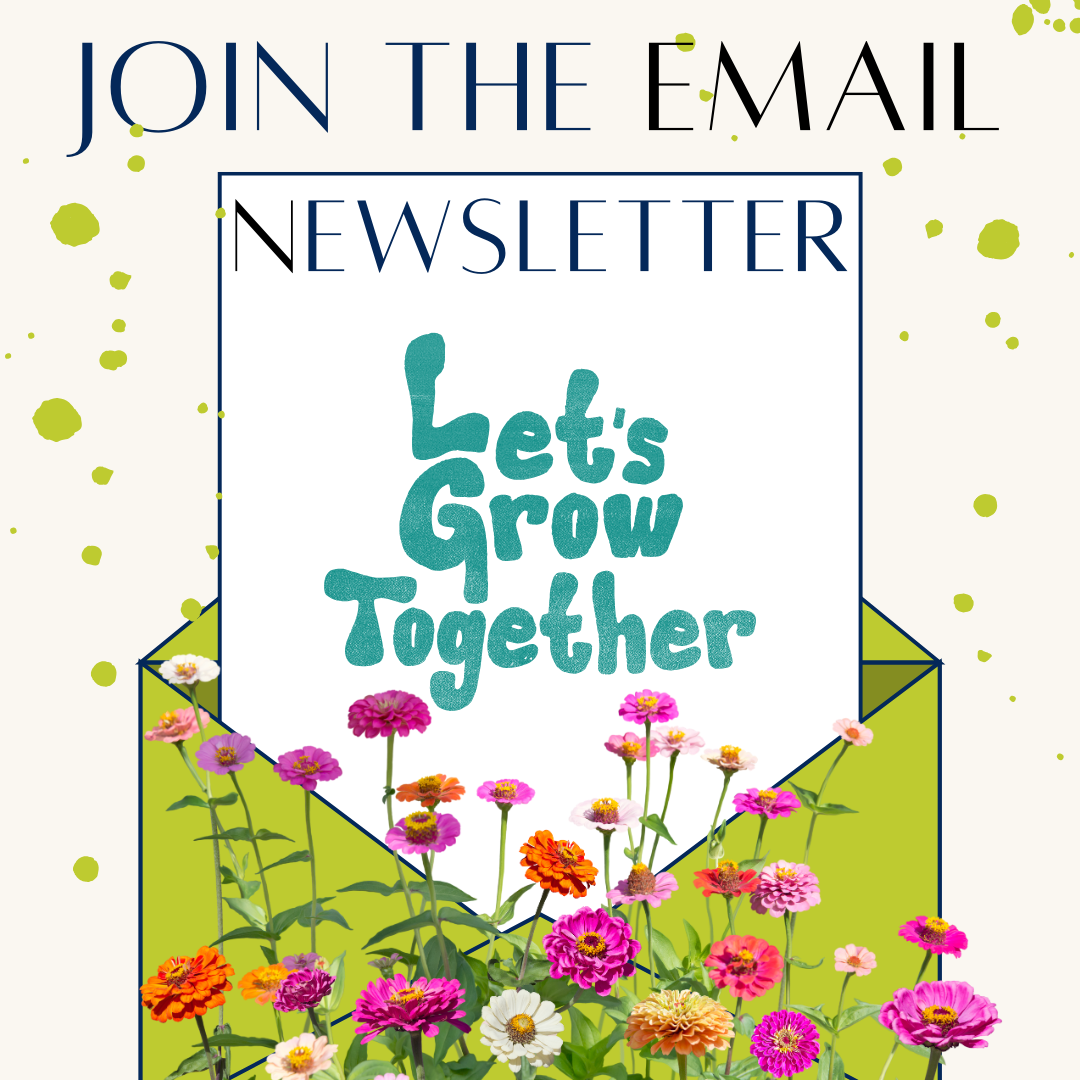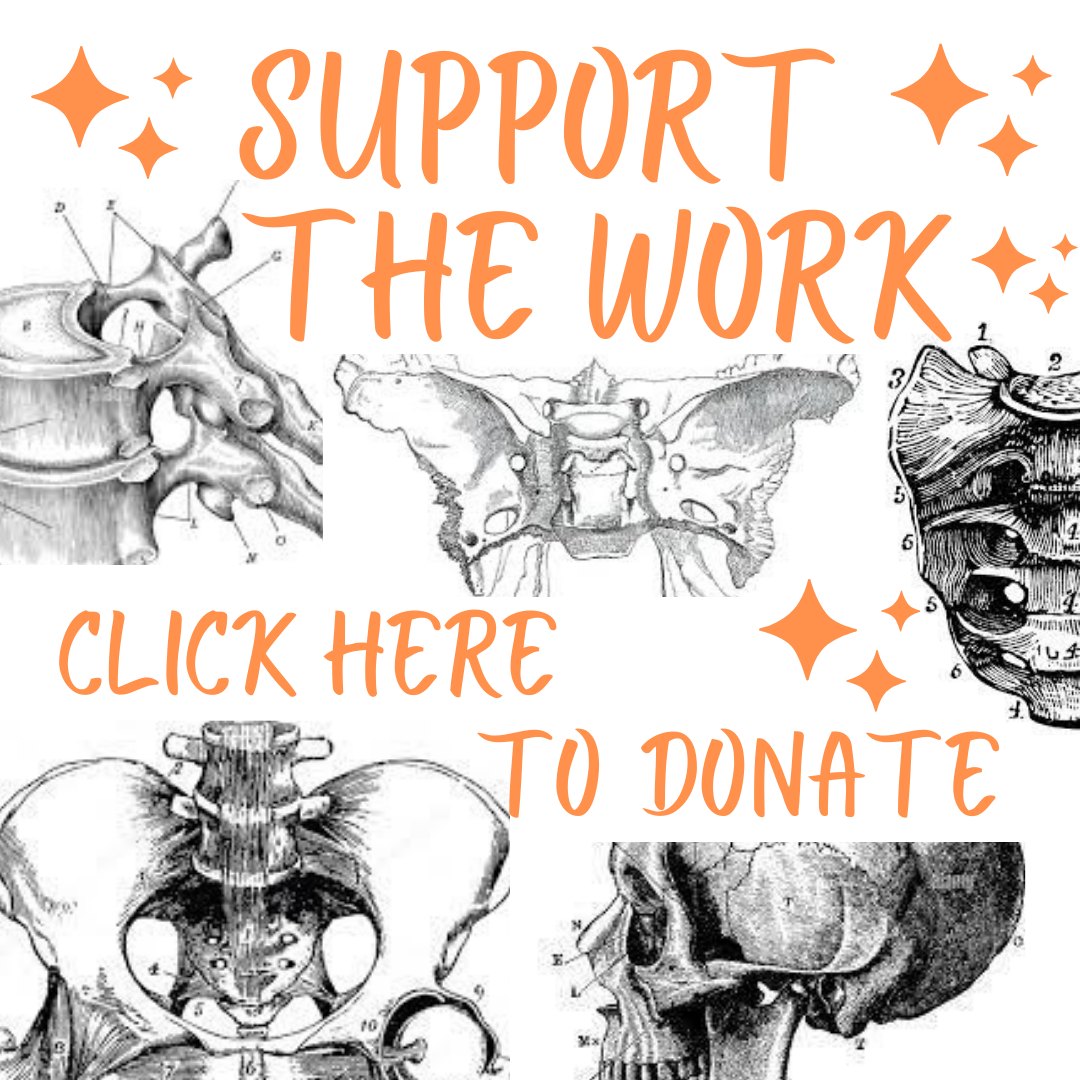Healthy Accountability to Commitments and Responsibilities
Defining Statements:
Tending life in community is work of both commitment and accountability which we practice, individually and collectively, in the garden. This is true of our commitments to the work of the garden, as well as to each other. Our relationships with the plants, the land and one another are all teachers and supports in our learning and practicing of these essential skills. Through the language of somatics and the support of the land, our own bodies, and one another’s nervous systems, we are given tools to develop our capacity to be in discomfort in conversations and practices of accountability. These tools help us to authentically collaborate, repair and grow. We acknowledge that each of our bodies carries its own intersections of privilege, oppression and trauma which inform our ability to stay present, the impacts we may have on one another, our individual relationships to accountability and commitment, and our collective culture around these practices. We look at practicing healthy accountability as a modality of healing and of developing secure relationships with the land, the plants, and one another as we practice communicating, repairing and showing up.
“In the US, we are socialized in a carceral and punitive culture. As a result the stakes for acknowledging harm can feel very alarming in our bodies. Our nervous systems have been systematically conditioned to perceive accountability, apology, and amends as threats to our very survival - because sometimes they are.
Our bodies can unconsciously react to asks for accountability with our unique combinations of fight, flight, freeze, appease, dissociate, and collapse.
Our job, and responsibility, is to identify and anticipate these responses and practice bouncing back - centering again and again on our values.” - Daria Garina, Accountability Mapping
Our bodies can unconsciously react to asks for accountability with our unique combinations of fight, flight, freeze, appease, dissociate, and collapse.
Our job, and responsibility, is to identify and anticipate these responses and practice bouncing back - centering again and again on our values.” - Daria Garina, Accountability Mapping
“We know that these things [racism, patriarchy, colonialism, etc] are present and at play. [Together], we commit to practices that interrupt them. We name it when it’s happening. We don’t blame or shame. We see and notice when that finger pointing impulse is present. We know the difference between making someone bad and holding our boundaries. We actually have these conversations and teach each other, while holding the long-time lens of (inter)generational trauma.”
- Paraphrased from Anneliese Singh interview on Teaching to Thrive Podcast
- Paraphrased from Anneliese Singh interview on Teaching to Thrive Podcast
Here’s how (actions) we’ve done it before:
Here’s the ‘how’ we are interested in doing it in the upcoming season(s):
(We're in process, check back soon!)
- Tracking work tasks done in the garden
- Buddy systems and explicit work days
- Explicit expectations of time and tasks so that informed consent can be made
- Group message thread
- Gentle call-ins
- Compassion
- Space held for individual and organizational feedback
Here’s the ‘how’ we are interested in doing it in the upcoming season(s):
(We're in process, check back soon!)

